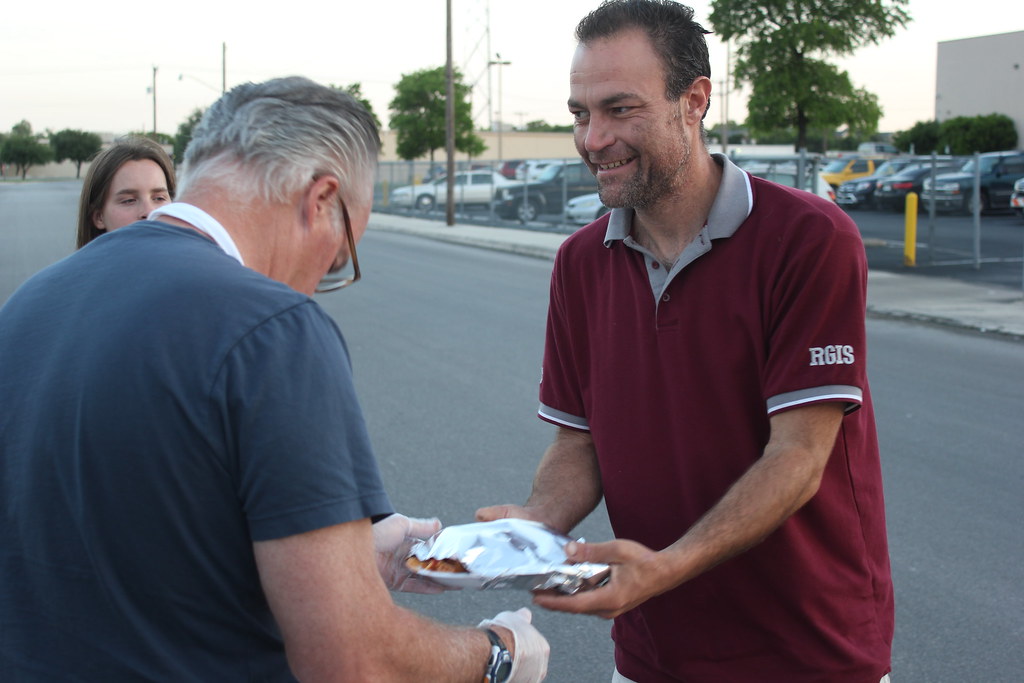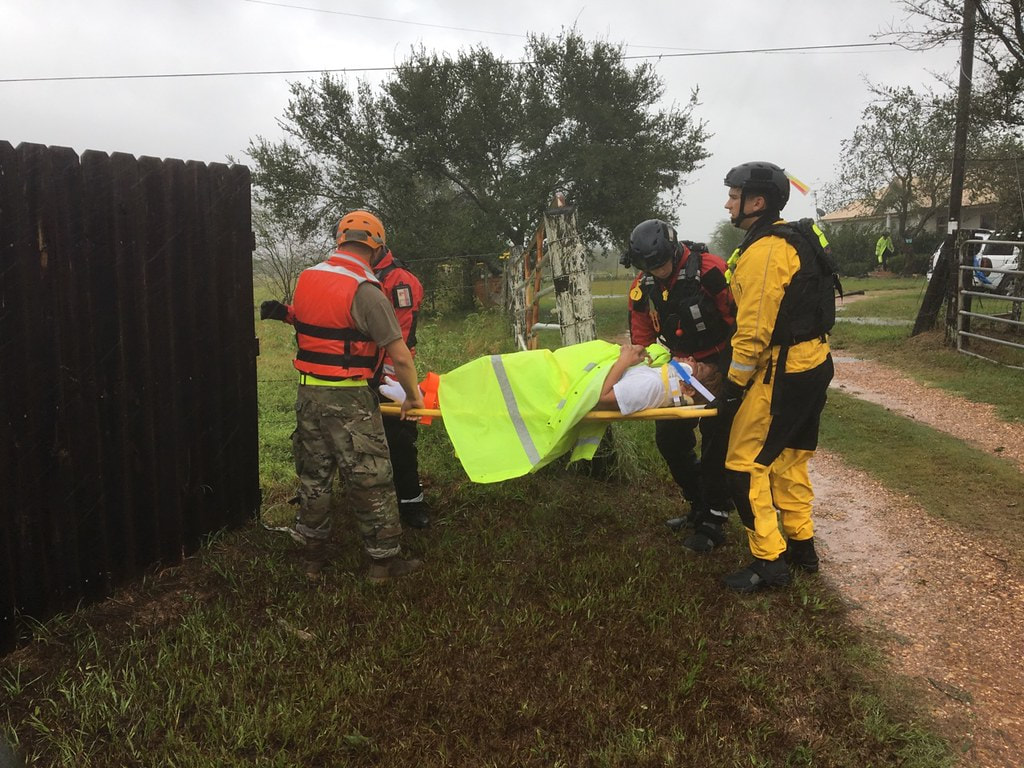|
By the Reverend Dr. Warren Crews When I was a young child, I was pretty strong willed. However, I was up against two strong-willed parents, each in their own very different way. My mother once told me that when I was very young, if I didn’t get my way, I would hold my breath until I turned blue and pass out. Scared her to death! Not my dad, however. After a couple times of doing that, he got a bucket of cold water and threw it on me. After that I knew that disobedience had physical consequences with my dad. My mother very different: she just gently persisted endlessly with what she wanted, until I gave in. What I don’t remember is either of them ever suggesting that if I loved them, then I would want to do whatever they asked me to do! But, that is exactly what Jesus is proposing to the disciples in our gospel lesson. Let’s take a look at it. Today’s lesson starts with Jesus, “if you love me, keep my commandments.” Since Jesus only taught them a couple of commandments, such as loving God with all their hearts, minds and souls and loving their neighbors as themselves, we have to assume the gospel writer is also talking about all of Jesus’ teachings about the Kingdom of God, which spell out what such love involves. The disciples were fairly thick-headed about a lot of what Jesus was teaching them, but they understood this much: life in the Kingdom of God is a whole lot more demanding than ordinary life. It means putting God and the needs of others first, and then trusting that God will always be there with us. No wonder the disciples asked a lot of questions, and so do we. Just how are we supposed to become living examples of what the Kingdom of God looks like? How can we rise above our natural tendency to put our own interests and those of our families and our nation first instead of God’s love? As we now struggle to return to some sort of normalcy, what guidelines does Jesus give us? In effect Jesus said, “let my love dwell in you so that your heart will be moved to love others just as I love you.” In the Gospel of John self-giving, self-sacrificing love is our response to God’s and Jesus’ incredible self-giving, self-sacrificing love for us! The more we let that love sink into our minds and hearts, the easier it will be to love others likewise. Now, I know that all sounds so simplistic: God loves us first, our hearts are moved, and we pass God’s love on to those around us, who then, hopefully, do likewise with yet more people. It will spread like some sort of heavenly virus! But, we all know that God’s love is not always received and then passed forward. Sometimes, our loving actions run into a brick wall of indifference and even hostility. It is no wonder that altruistic behavior is unusual enough that when it happens publicly, it makes the evening news— like the long-distance runner who stopped to pick up another runner who had fallen, or someone who risks his life to rescue someone from a burning building. Self-giving, self-sacrificing love does not seem to come in large quantities. So, Jesus then made a major promise to his disciples and by extension to us. He told them that if they loved him and sought to keep his commandments, then he would ask the Father to send them the Paraclete. No, I didn’t say "parakeet,” I said paraclete. Our translation this morning for this Greek work is "Advocate." That is a legal term for someone who will represent us in court or elsewhere. Someone who will put a good word in for us. Other frequent translations are "Counselor" and "Comforter," someone who gives you good advice when you’ve got a problem to solve and need help, someone who strengthens you for a task. The gospel writer actually uses all of these ideas, because we are talking about the Holy Spirit. The Paraclete is none other than the Holy Spirit. God’s own Spirit was fully bestowed upon Jesus in his Baptism and will soon come upon the disciples in the Upper Room, and eventually on us when we were baptized. It is that Spirit, that Paraclete, at work in us, which will enable us to respond to God’s love for us shown in Jesus and to pass that love on to those we live and work with. To shift gears a little bit, the reason we have this lesson today and a similar one next week is that this Thursday, it will be the fortieth day of Easter, the day when the Gospel of Luke and the Acts of the Apostles tells us that the Risen Christ left the disciples and ascended to the Father. This was necessary because the Risen Christ in his earthly body had to remove himself from their presence, so that they would be free to leave Jerusalem and go out into all the world telling everyone about the Kingdom of God and about the death and resurrection of God’s Son, Jesus Christ. Up to that point the Holy Spirit rested almost entirely on Jesus. Once he returned to the Father, then Holy Spirit could then descend upon all the disciples at Pentecost and with the rest of us down through the ages through our baptisms. Friends, God’s kingdom is not a lot of doctrines, nor a set of ethical demands, it is a person, Jesus Christ. Jesus’ presence continues in the form of the Church, which is the Body of Christ in our own times. The Body of Christ for us begins right here now in our life together as the community of St. John’s. As we are shaped by the power of his love for us and ours for him, it is then very important that we share that love for each other and for everyone who comes to us for whatever reason. The good news for us is that the power of the Christ’s love that we experience here and now will strengthen us to be part of his continuing presence in our world, which desperately needs all of his kind of love that it can get. AMEN. The Reverend Dr. Warren Crews is co-priest in charge at St. John's.
0 Comments
Leave a Reply. |
Editorial contactVarious members of the St. John's congregation contribute to this blog. For editorial suggestions, contact Jeff McIntire-Strasburg at [email protected] Archives
May 2024
CategoriesAll Bishop Deon Johnson Book Group Congregation Members Deacons Diocese Of Missouri Episcopal Church Features General Information Parish Events Podcast Presiding-bishop-michael-curry Sermons Terms-of-transition Vestry |


 RSS Feed
RSS Feed

